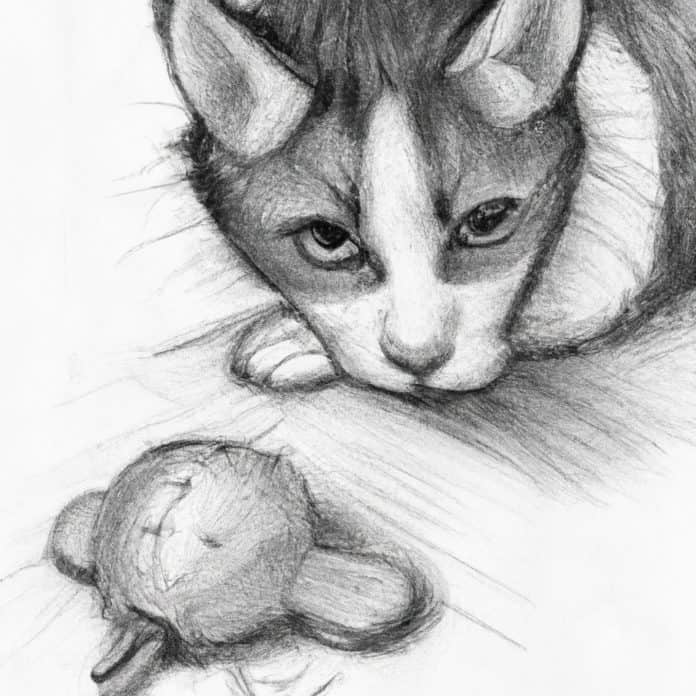Dear VetBabble, What Do I Do If My Pet Swallowed a Sock?
Recognizing Foreign Body Ingestion
One of the many challenges of pet ownership can be dealing with our furry friends’ curious nature and appetite for non-food items such as socks! For instance, your perfectly healthy beagle pup gulps down a sock and continues to act utterly unperturbed while you panic. It’s a common scenario we hear from pet owners, and knowing how to react can make a difference.
While it might seem harmless initially, what the pet has swallowed could potentially cause serious problems. Anything that’s not meant to be eaten and digested, like a sock, is categorized as a foreign body. Even smaller foreign bodies such as a baby’s sock can get stuck in the pet’s digestive system and may not be eliminated easily.
Responding to the Situation
When your pet swallows a foreign body, you may feel an immediate desire to induce vomiting. However, without the guidance of a trained professional, this can sometimes do more harm than good. It’s crucial to avoid rushing to this step and instead, consult with your vet as soon as possible.
An immediate visit to the vet is necessary even if your pet seems okay. The fact that they are acting totally fine doesn’t necessarily mean they are. Certain items such as socks could cause obstruction in the gastrointestinal tract leading to serious complications.
We would like to emphasize the importance of keeping Basic First Aid for Dogs in hand during such incidents. This practice might set up a baseline for providing immediate relief to your pet before your vet intervenes. Remember, being prepared for an accident is the key to reduce panic and stress, both for you and your pet.
When to Worry and Seeking Professional Help
It’s natural to worry when you think your pet ate something they shouldn’t have. The real difficulty lies in not knowing how, when, or even if your pet will pass the object safely. Keep a close watch for signs of distress such as vomiting, straining to defecate, loss of appetite, lethargy, diarrhea, or change in behavior.
These signs could be an indication of vomiting in dogs and when to worry about it. Seek immediate veterinary help if you notice any of these signs. It’s also important to keep in mind that a lack of symptoms doesn’t mean everything is fine. To be on the safe side, it is always best to get in touch with your vet anyway.
It’s always better to be cautionary and not delay seeking professional help. A visit to your veterinarian can help determine if your pet requires medical intervention, such as endoscopy or even surgery, to remove the ingested foreign body.
In conclusion, as much as we love our pets’ peculiar and sometimes mischievous behaviour, it’s crucial to monitor what they are getting their paws, and mouths, on. Always ‘pet-proof’ the environment and keep a close eye on small objects that pose a choking or blocking hazard.









